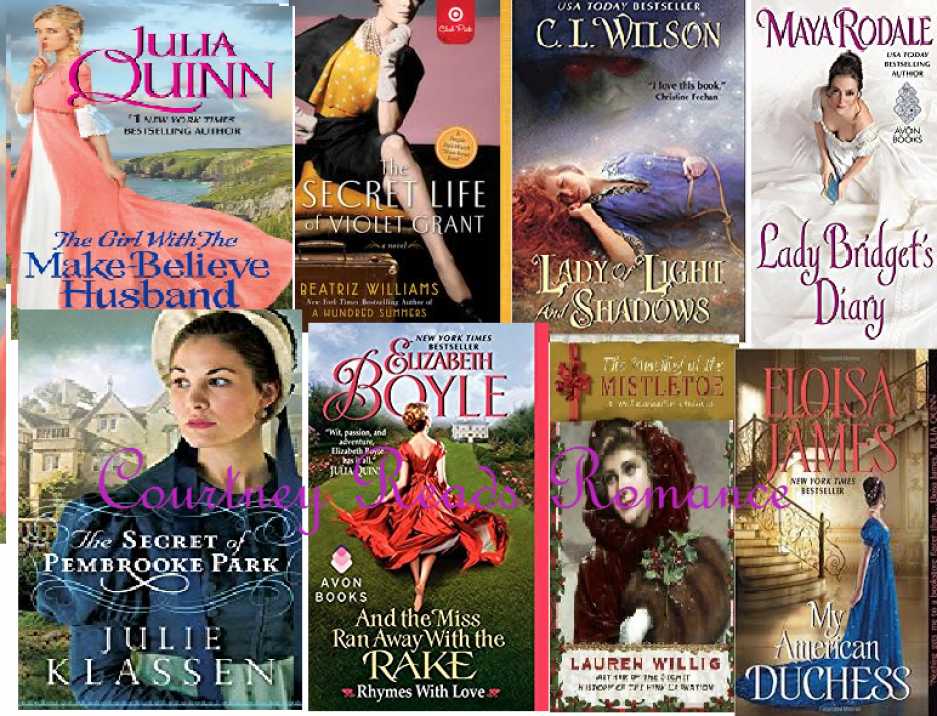Ellis, Bella. The Vanished Bride. New York: Berkley, 2019.
Hardcover | $26.00 USD | ISBN-13: 978-0593099056 | 292 pages | Historical Mystery
4 stars
I have enjoyed some of the Bronte sisters’ books, and find their lives rather fascinating, so my interest was piqued by the idea of The Vanished Bride, which imagines them as amateur detectives. And while it can be a little on-the-nose at times with the references to their works, I think this is a fairly solid and imaginative historical mystery.
I love Ellis’ imagining of what they were like, and truly felt for them, given their brother’s general uselessness, even though he does play some part in the investigation. There’s a bit where he tries to tell Anne that, since she’s the youngest, she should stay behind, and while I saw the logic in it, I rolled my eyes at his general incompetence at life.
The book also has feminist themes, but all are drawn from history in some regard. One is obviously the fact that the expectations for Branwell and his sisters differed widely, yet they were the ones hustling, while he failed and would continue to fall deeper into dissipation. And Ellis includes Patrick Bronte’s expression of the belief that a female acquaintance not marry without financial security, in spite of the fact she has found herself with child out of wedlock, which she notes has a historical basis.
The mystery itself also reflects the sad fate of many women during this period as property of their husbands with few rights of their own. I like how it started with a suggestion of nefarious behavior, especially given that there isn’t even a body, atypical for a murder mystery, and while there was violence going on, it wasn’t what I expected. I guess it’s definitely more on the cozy mystery side, and considering I typically prefer a much grittier mystery, I still found this one satisfying.
This is a great tribute to the Bronte sisters, and given the standards of some of the literary fanfiction out there (I’ve read many, including at least one about the Brontes), it’s one of the better ones. I recommend it to those who love their books (provided you don’t go in expecting a Gothic tale on the level of their novels).











